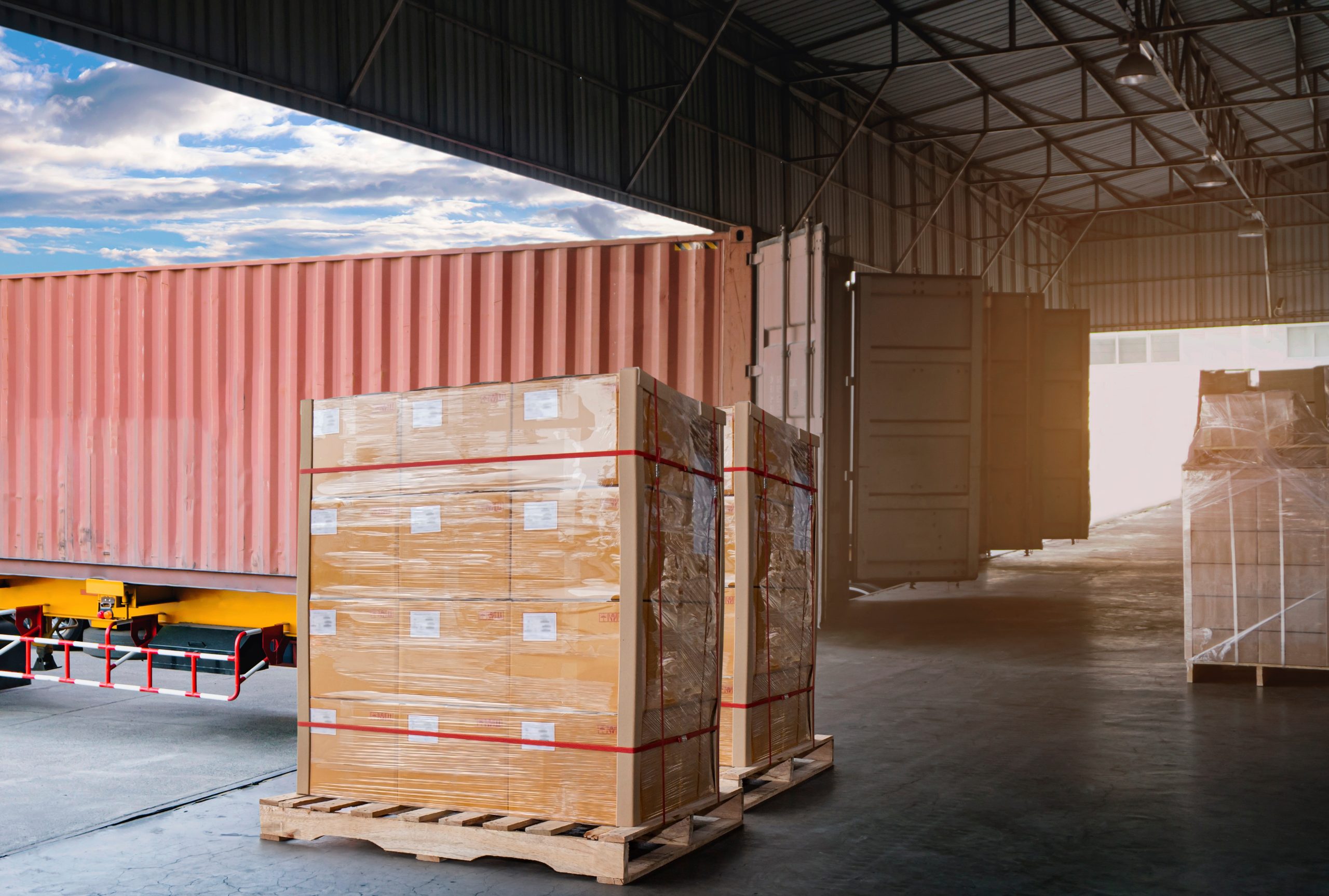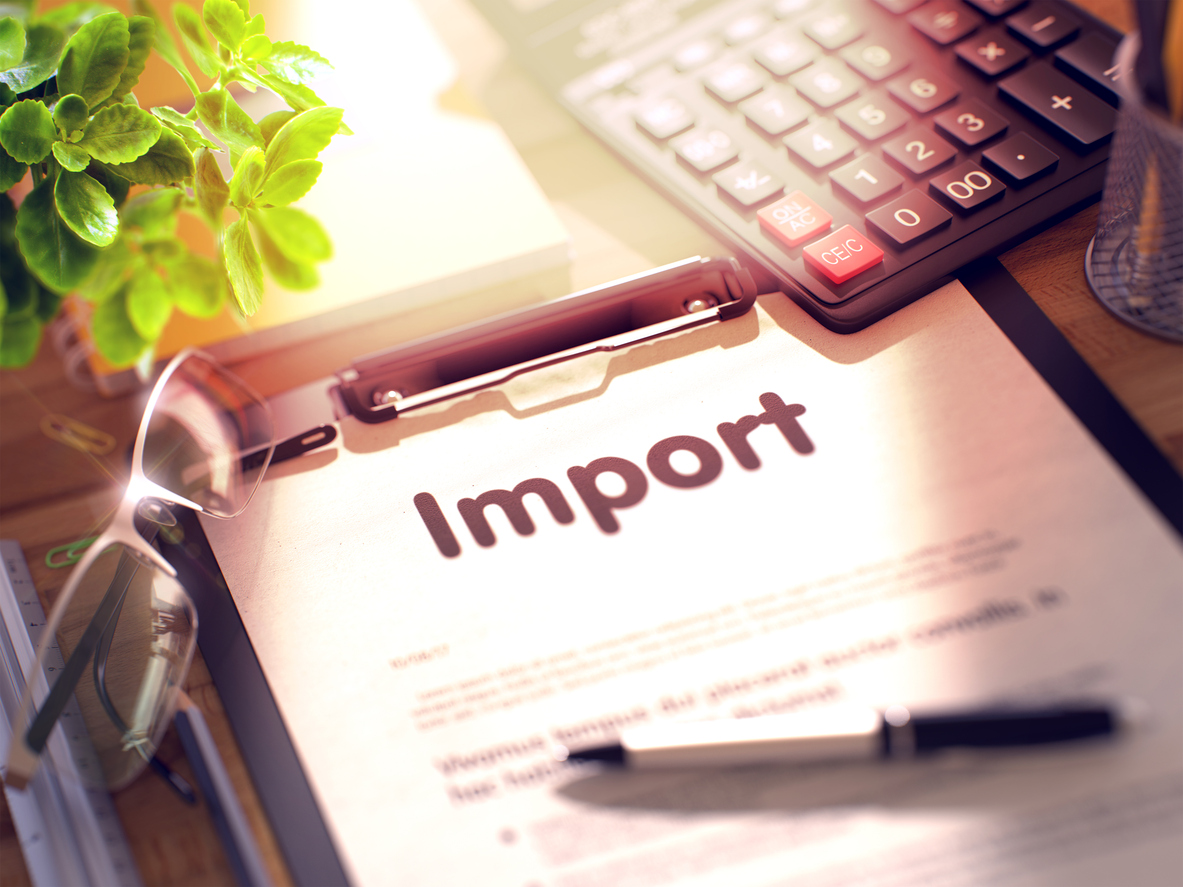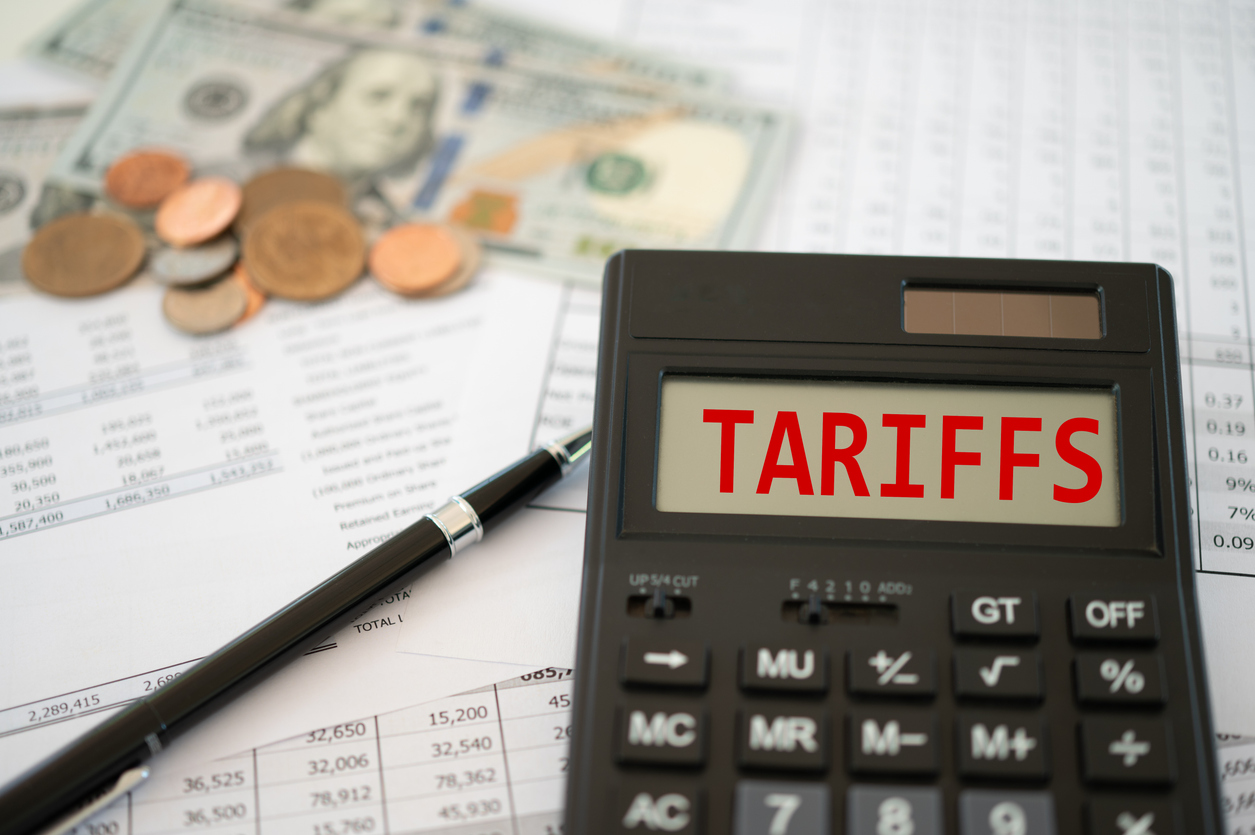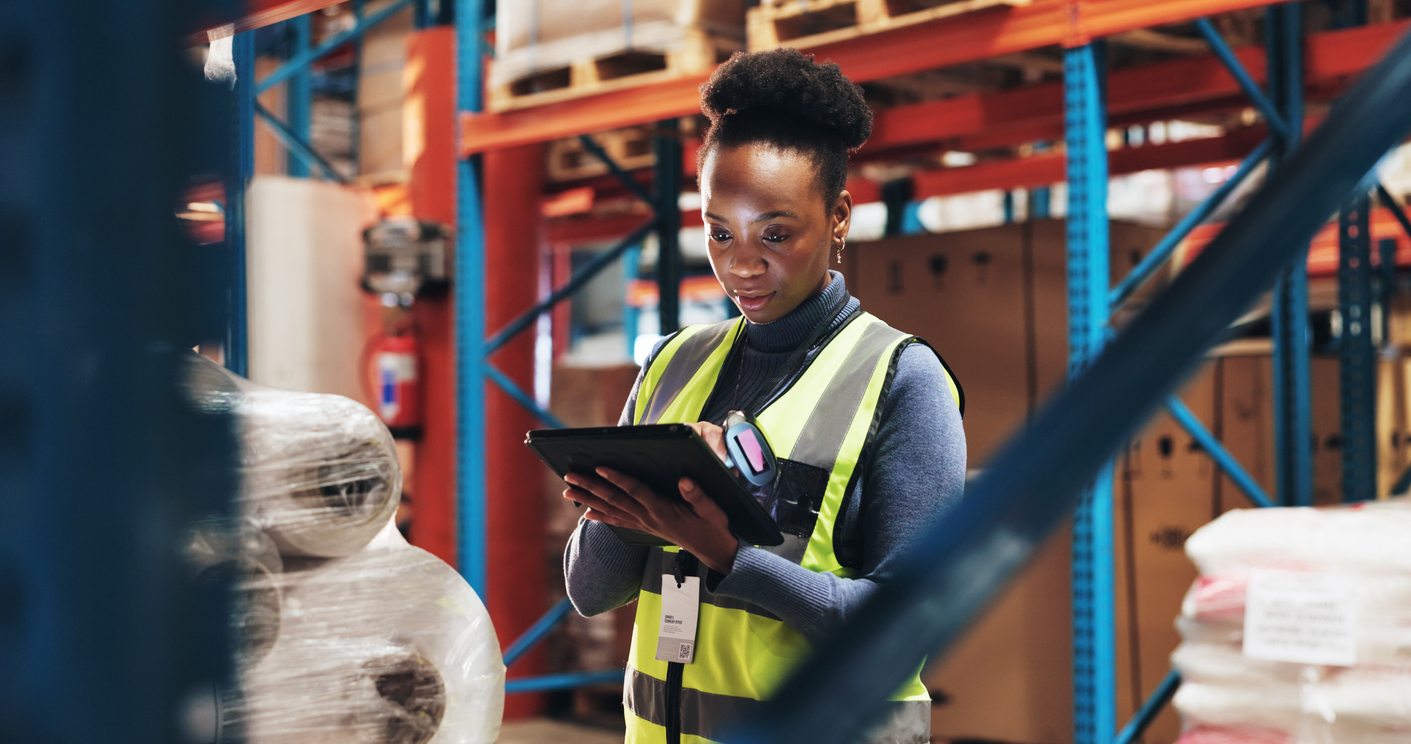Navigating Customs and Regulations When Shipping Between Cote d’Ivoire and Senegal
Navigating Customs and Regulations When Shipping Between Cote d’Ivoire and Senegal
Shipping goods from one country to another can be a daunting task, especially when navigating through customs and regulations. And if you’re shipping between two West African countries like Cote d’Ivoire and Senegal, it can be even more challenging. Whether you’re a small business owner or an individual looking to ship your personal belongings, understanding the customs procedures and legal requirements is crucial to ensure a smooth and hassle-free delivery. In this blog post, we’ll explore some of the key factors involved in shipping between these two nations so that you can ship with confidence!
Introduction to the Cote d’Ivoire and Senegal Customs Regulations
When shipping goods between Cote d’Ivoire and Senegal, it is important to be aware of the customs regulations of both countries. Depending on the type and value of the goods being shipped, there may be duty or taxes due upon arrival. It is the responsibility of the shipper to ensure that all documentation is in order and that all applicable fees are paid.
In general, Senegalese customs regulations are more relaxed than those of other countries in the region. However, there are still some restrictions in place, particularly regarding the importation of foodstuffs and pharmaceuticals. It is advisable to check with the Senegalese Embassy or Consulate prior to shipping any goods to Senegal.
Cote d’Ivoire has strict customs regulations, especially with regard to the importation of used goods. All used items must be thoroughly inspected and quarantined before they are allowed into the country. This can often delay shipments by several weeks or even months. As such, it is important to plan ahead and allow for sufficient lead time when shipping to Cote d’Ivoire.
Working with Wigmore Trading to Ship Goods from Cote d’Ivoire to Senegal
When shipping goods between Cote d’Ivoire and Senegal, it is important to be aware of the customs and regulations of both countries. Wigmore Trading is a company that specializes in shipping between the two countries and can help you navigate the process.
In Cote d’Ivoire, all imported goods must be declared to customs. You will need to provide a detailed description of the goods, as well as their value. You will also need to have your passport and a valid visa for Senegal. Customs may also require additional documents depending on the type of goods being shipped.
Once your goods arrive in Senegal, they will need to clear customs before they can be delivered to you. Again, you will need to provide a description of the goods and their value, as well as your passport and visa. In addition, you may need to provide an import permit from Senegal if you are importing certain types of goods.
Wigmore Trading can help you with all aspects of shipping between Cote d’Ivoire and Senegal, including navigating customs and regulations. They have a team of experienced professionals who are familiar with the requirements of both countries and can ensure that your shipment arrives safely and on time.
The Process for Shipping Products Between Cote d’Ivoire and Senegal
When shipping products between Cote d’Ivoire and Senegal, it is important to be aware of the customs and regulatory requirements of both countries.
In Cote d’Ivoire, all shipments must be declared to customs at the port of entry. The following documents are required for clearance: commercial invoice, bill of lading, and Certificate of Origin.
Senegal has a similar process for clearance of shipments. All shipments must be declared to customs and the following documents are required: commercial invoice, bill of lading, and Certificate of Origin. In addition, a Senegal Customs Declaration Form must be completed and submitted.
Once the necessary paperwork is in order, the shipment can be cleared for entry into each country.
Documents Required for Shipping Goods between Cote d’Ivoire and Senegal
When shipping goods between Cote d’Ivoire and Senegal, the following documents are required:
1. A commercial invoice that includes the value of the goods being shipped, as well as any insurance or freight charges.
2. A bill of lading detailing the route of the shipment and the names of the carrier and consignee.
3. A certificate of origin, if the goods being shipped are subject to preferential tariffs under a trade agreement between Cote d’Ivoire and Senegal.
4. A packing list detailing the contents of each package being shipped.
5. An export license, if the shipment contains controlled goods such as weapons or pharmaceuticals.
6. A letter of credit from a bank, if payment for the shipment will be made by letter of credit.
Different Types of Goods that May be Shipped between Cote d’Ivoire and Senegal
There are a few different types of goods that may be shipped between Cote d’Ivoire and Senegal. These include:
1. Agricultural products – This includes any products that are grown or raised on farms, such as fruits, vegetables, grains, livestock, etc.
2. Manufactured goods – These are items that have been assembled or created in factories, such as cars, electronics, clothing, etc.
3. Mining products – These are materials that have been extracted from the earth, such as coal, oil, gas, minerals, etc.
4. Waste and scrap – This includes any materials that are no longer wanted or needed and are being disposed of, such as paper, plastic, metal, glass, etc.
Tips for Safely Transporting
When shipping between Cote d’Ivoire and Senegal, it is important to be aware of the customs and regulations of both countries. Here are some tips for safely transporting your goods:
-Check with the embassy or consulate of each country to learn about their specific customs regulations.
-Pack your goods securely and label them clearly.
-Include all necessary documentation with your shipment.
-Use a reputable shipping company that is familiar with the regulations of both countries.








LEAVE A COMMENT
You must be logged in to post a comment.